detail profile evald hermak c3 bcla
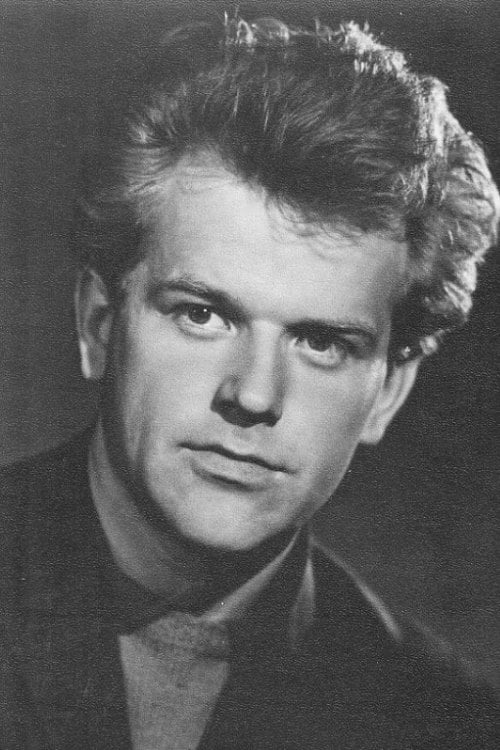
Riwayat Hidup
Evald Hermaküla (December 6, 1941 – May 16, 2000) was an Estonian actor and director.
Hermaküla was born in the village of Maardu in Jõelähtme Parish.
In 1965 he graduated from the University of Tartu in geology.
In 1965 he also finished his studies at Vanemuine Theatre Studio in Tartu.
From 1962 he was an actor and from 1969 a stage director in Vanemuine theatre.
He also directed and appeared as an actor films and television.
Hermaküla committed suicide by hanging on 16 May 2000 in Kadriorg Park in Tallinn, aged 58.
He was buried in Tallinn's Forest Cemetery.
At the time of his death, he was married to actress Kaie Mihkelson.
Info Pribadi
Peran Yang Di Mainkan Evald Hermaküla
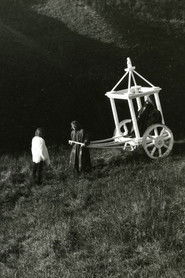 A historical costume drama where the...
A historical costume drama where the...Surmatants 1991
A historical costume drama where the fragments of the adventurous lives of Bernt Notke, one of the most influential Late Gothic painters, and carpenter Michel Sittow are brought together by the story of the panel painting "Danse Macabre" by Notke and the way the painting reached Tallinn, Estonia from Lübeck.
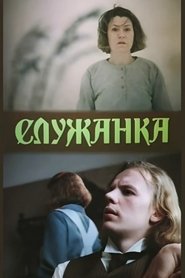 The family where Epp serves is...
The family where Epp serves is...Handmaiden 1990
The family where Epp serves is preparing to receive important guests on whom the career of the head of the family depends. Everyone is busy preparing the gala dinner, and only the owner's son Eugen does not take any part in this. At night he suddenly becomes ill, and Epp is sent for help. On a rainy night, she spends a long time looking for a doctor, as a result of which she becomes seriously ill. And Eugen’s illness, as it turned out, was only the result of his suspiciousness...
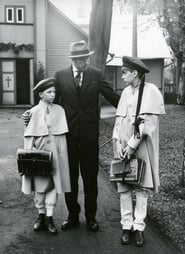 Toomas Stockmann the head doctor of...
Toomas Stockmann the head doctor of...Doctor Stockmann 1989
Toomas Stockmann, the head doctor of a water clinic built in a small town by the sea, discovers that the facility is threatened by an infection caused by construction errors in the waterworks. The powerful mayor Peter Stockmann, the doctor's brother, has used his position and connections for commercial and political gain and has ignored the doctor's warnings. The upper class of the town initially supports the doctor's decision to reveal the truth, but the mayor changes due to pressure and personal interests. Dr. Stockmann is labeled an enemy of the people. He must choose whether to stick to his ideas, at the risk of his family, or surrender to demagoguery.
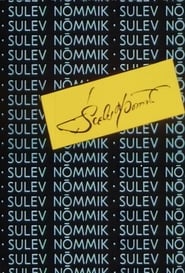 Everyone has their own Sulev Nmmik...
Everyone has their own Sulev Nmmik...Sulev Nõmmik 1987
Everyone has their own Sulev Nõmmik. To whom the director Sulev Nõmmik, to whom Kärna Ärni alias Ernst Kern, some remember him as a ballet dancer, others as a satirist. What these parts mean together and whether the whole can be divided, the film tries to answer.
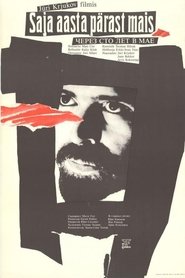 Viktor Kingissepp has been the underground...
Viktor Kingissepp has been the underground...In One Hundred Years in May 1987
Viktor Kingissepp has been the underground head of the Communist Party of Estonia for three years. He corresponds with Moscow, writes speeches for the members of the Communist Workers' Party and makes leaflets for the events of trade union. His purpose is to overthrow the Republic of Estonia since he does not believe in Estonian independence nor in any national ideals. Yet the clock keeps ticking, tuberculosis spreads rapidly, the world revolution is being postponed. What to do in order to make one's efforts work?
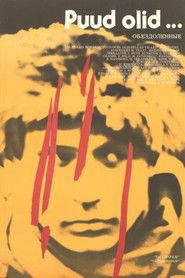 Typhus has killed the father mother...
Typhus has killed the father mother...Puud olid... 1985
Typhus has killed the father, mother and older son of Palanumäe farm. Hind, younger son, realizes that he won't be able to manage the shabby farm alone. Paabu, the wife of older son, is good at housework and Hind likes her; however, more help than that is needed for maintaining the farm. Jaak, the farmhand, does more harm than good. The rumour is around that when converting to orthodoxy one will lead better life in a warm country - this, of course, attracts Hind, but angers the estate owners. How come this young inexperienced man wants something else than serving the Livonian feudals?
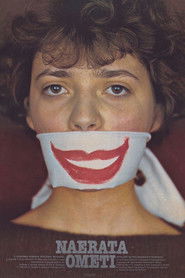 16yearold Mari raised without a mother...
16yearold Mari raised without a mother...Smile at Last 1985
16-year-old Mari, raised without a mother by a drunkard father, is put in an orphanage which she immediately, though unsuccessfully, tries to flee from. The sensitive Mari finds it hard to adapt to the coarse manners and brutal games amongst the children. Only gradually does she develop a sense for the similarly difficult fates of her fellow sufferers, who have long forgotten how to cry. She even falls in love for the first time, not with her self-appointed “protector” Tauri, but with the rough-mannered Robi.
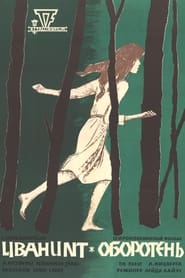 There are three children growing at...
There are three children growing at...Werewolf 1969
There are three children growing at Tammaru farm - one boy, Margus; and two orphan girls, Mari and Tiina. Margus' parents want him to marry Mari instead of Tiina as she is more their kind. Hotblooded Tiina is completely different from them and her mother was once executed for being a witch. Thinking that Tiina has bewitched Margus, Mari starts to publicly accuse her stepsister of being a werewolf.
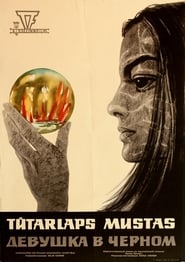 Young Saale the girl in black...
Young Saale the girl in black...Girl in Black 1967
Young Saale, the girl in black with her small suitcase, comes to live with her aunt in a fishermen's village. Her only precious thing is a glass ball that is a memory of her mother whose death has left Saale alone in the world. She has been repelled and humiliated, so she is not expecting anything good to come from people. For her surprise, young fisherman Tanel is ready to walk with her by the sea even if they won't speak a word. He doesn't think Saale is strange and he won't ridicule her for her religious views. Slowly, Saale opens up for the bright sides of earthly life.
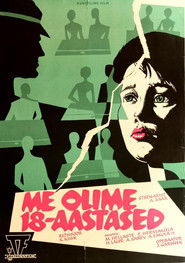 Its 1940 the first summer of the...
Its 1940 the first summer of the...We Were Eighteen 1965
It's 1940 - the first summer of the Soviet occupation on the Estonian island Saaremaa. Teenagers stepping in their lives have important decisions to make. Should they support the Soviet regime or join the resistance?
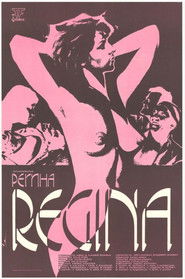 Regina is a beautiful educated and...
Regina is a beautiful educated and...
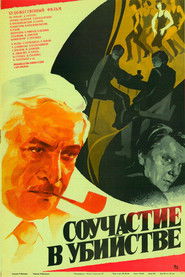 Based on the novel of the...
Based on the novel of the...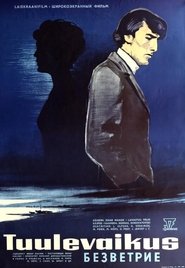 Taavi is worried about the lack...
Taavi is worried about the lack...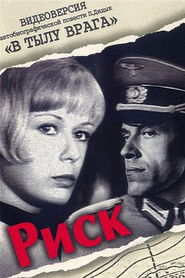
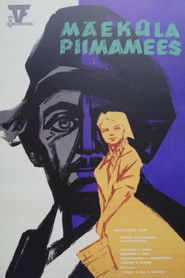 A baron gives a poor peasant...
A baron gives a poor peasant...